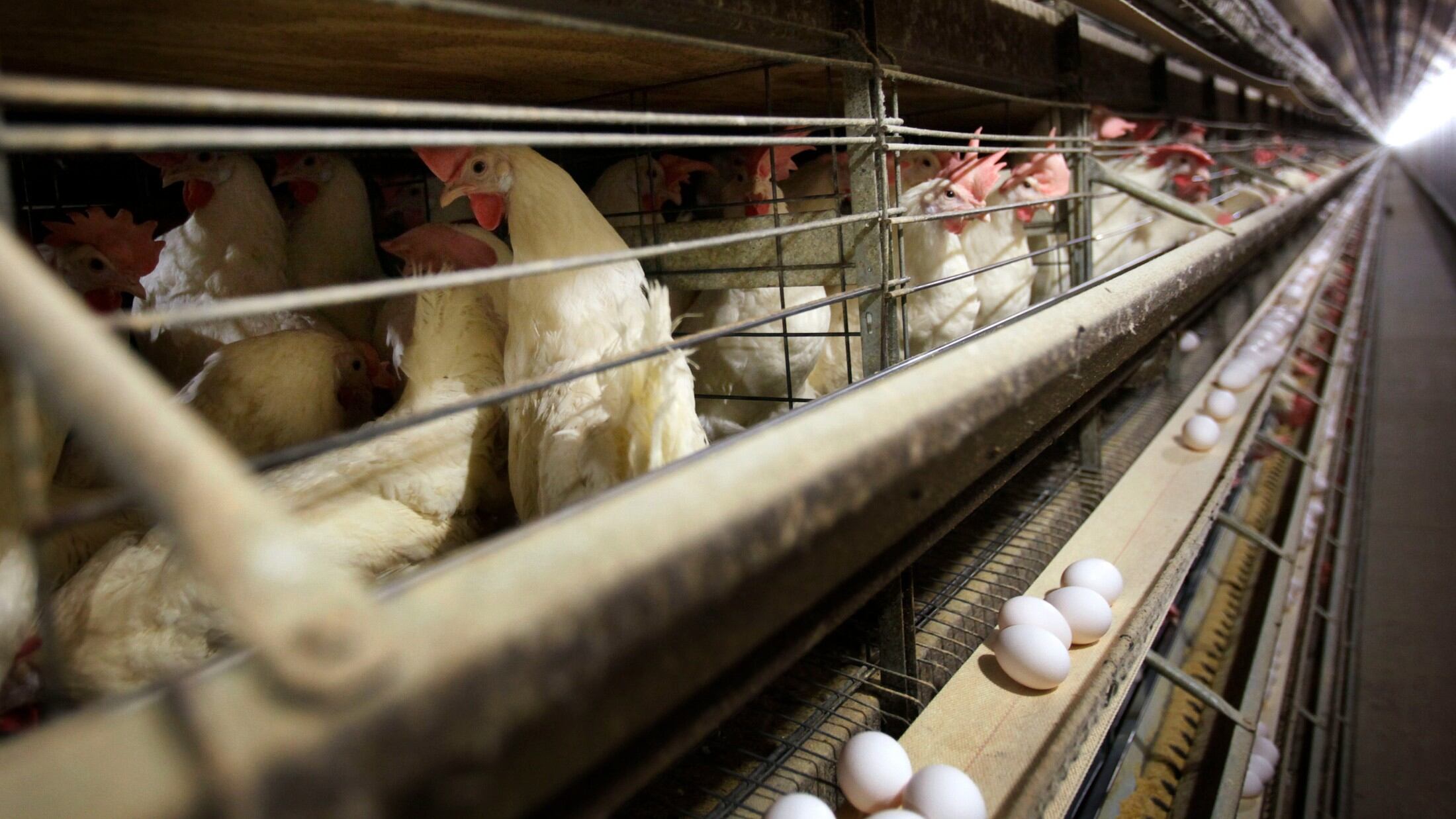By Isabella Volmert
An Illinois jury ruled this week that several major egg producers conspired to limit the U.S.'s supply of eggs in order to raise prices in a case stemming from a federal lawsuit originally filed 12 years ago.
Several large food manufacturing companies including Kraft Foods Global, Inc. and The Kellogg Company alleged in the lawsuit originally filed in 2011 that producers used various means to limit the U.S. domestic supply of eggs to increase the prices of eggs and egg products during the 2000s. The time frame of the conspiracy was an issue throughout the case; jurors ultimately determined damages occurred between 2004-2008.
A jury unanimously delivered its verdict Tuesday in the Northern District of Illinois and damages will be decided in a trial scheduled for next week.
The suppliers include the family company of an Indiana egg farmer running for the U.S. Senate in the state.
Attorneys for the four egg suppliers named in the lawsuit did not immediately return phone messages on Wednesday. Court documents show the defendants denied the claims.
The jury found that the egg suppliers exported eggs to reduce the overall supply in the domestic market, as well as limiting the number of chickens through means including cage space, early slaughter and flock reduction, court documents say.
“We are incredibly pleased by the jury’s decision to hold egg producers Cal-Maine Foods and Rose Acre Farms accountable alongside United Egg Producers and United States Egg Marketers for conspiring to inflate the price of eggs,” Brandon Fox, an attorney representing the food manufacturers, said in a statement. “For the first time, the defendants have been held liable for their antitrust violations. We are now going to turn our attention to the damages phase.”
Court documents say the jury found the food manufacturers suffered injury in the timeframe of 2004 to 2008. Jurors were specifically told not to consider more recent egg pricing during their deliberations.
Other food manufacturers joining as plaintiffs in the lawsuit against the egg producers are General Mills, Inc. and Nestle USA, Inc. The jury found the egg suppliers who participated in the conspiracy were Cal-Maine Foods, Inc., United Egg Producers, Inc., United States Egg Marketers, Inc. and Rose Acre Farms, Inc., a southern Indiana-based company previously chaired by John Rust.
Rust, who is running for Indiana’s U.S. Senate seat in 2024, declined to comment Wednesday citing the ongoing litigation. Rose Acre Farms identifies itself as the second-largest egg producer in the U.S.
Rust is currently suing Indiana’s Secretary of State over a contested state law that could prevent his name from getting on the primary ballot as a Republican. According to the law, a candidate must vote in two primaries with the party they are affiliated with or the county party chair must approve their candidacy. Rust has argued the law is unconstitutional and vague.
The egg farmer faces an uphill battle for the GOP nomination: opponent U.S. Rep. Jim Banks has received the endorsement of the Indiana Republican Party and former President Donald Trump. The seat is currently held by Republican Mike Braun, who is instead running for governor next year.
“Today’s verdict proves John Rust isn’t just a conman pretending to be a Republican, he is a crook who exploits working class Hoosiers across Indiana for his own financial gain,” Banks said in a written statement. “While Indiana families struggle to put food on the table, he’s making it even harder to do that."













